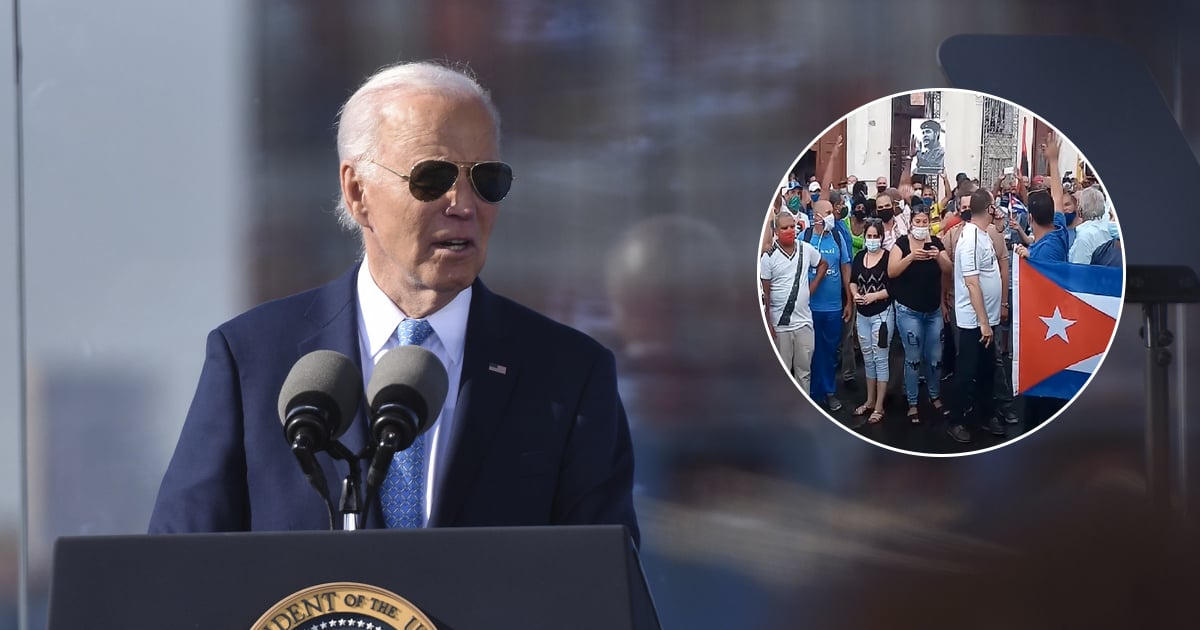The Biden administration announced on Tuesday that it is removing Cuba from the list of state sponsors of terrorism and suspending Title III of the Helms-Burton Act. This decision follows mediation by the Catholic Church and includes an agreement for the release of a "significant number of political prisoners" on the island.
A senior U.S. official, as reported by Martí Noticias, described this as a unilateral decision, highlighting a promise from Havana's regime to the Catholic Church to free political detainees. The source indicated that the release of a substantial number of political prisoners is expected soon, with the Vatican playing a crucial mediating role.
It is noteworthy that just last December, the U.S. had reaffirmed Cuba's status as a state sponsor of terrorism in its 2023 report. However, this recent development marks a dramatic shift just days before Donald Trump's anticipated return to the White House.
In addition, President Biden plans to remove the so-called "restricted list," which includes Cuban entities subjected to financial transaction prohibitions due to their involvement in human rights violations by the Cuban military.
U.S. and Political Prisoners in Cuba
Every December 10th, on Human Rights Day, the U.S. government has consistently called on the Cuban regime to release political prisoners. Brian Nichols, the Assistant Secretary of State for Western Hemisphere Affairs, noted on Twitter that approximately 1,000 prisoners are unjustly detained in Cuban jails, with around 700 of them being participants in the peaceful protests of July 11, 2021.
Silencing Dissent with Convictions
Recently, young Cuban activists Félix Daniel Pérez Ruiz and Cristhian de Jesús Peña Aguilera received prison sentences of five and four years, respectively, for a Facebook post expressing their disagreement with Miguel Díaz-Canel's regime. According to the Cuban Observatory for Human Rights (OCDH), the State Security Crimes Chamber of the Provincial Court of Santiago de Cuba sentenced them for "propaganda against the constitutional order." Judges Yoendris Rosabal Jerez, Angélica Maurelo Carbonel, and Eilen Labrada Núñez, along with prosecutor Adan Vicente Santos Santos, presided over the trial, which resulted in the acquittal of other accused individuals.
Frequently Asked Questions about U.S. Policy on Cuba
Why has the U.S. removed Cuba from the list of state sponsors of terrorism?
The U.S. decided to remove Cuba from the list following a mediation by the Catholic Church, which included an agreement for the release of a significant number of political prisoners in Cuba.
What role did the Vatican play in the agreement between the U.S. and Cuba?
The Vatican acted as a crucial mediator in the agreement, facilitating negotiations that led to Cuba's promise to release political prisoners.
How many political prisoners are expected to be released in Cuba?
While an exact number has not been disclosed, it is anticipated that a "significant number" of political prisoners will be released as part of the agreement.
